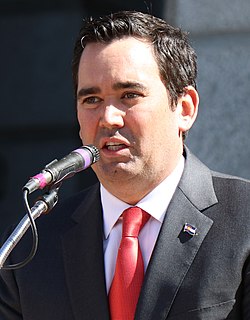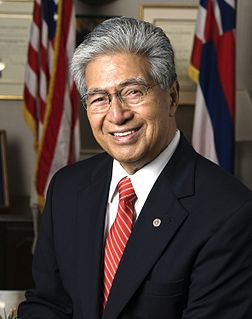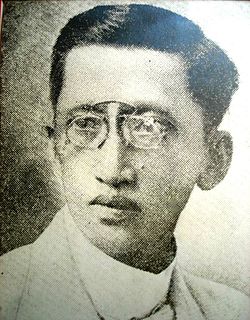A Quote by Prashant Bhushan
If public servants are freely allowed to take up lucrative post retirement jobs with companies to whom they have awarded contracts while they were in government, it would open up an easy way for companies to bribe public servants by offering them lucrative post retirement jobs.
Related Quotes
Many financial and industrial companies have been bailed out with the public's money, but very few of those who had run those companies have been punished for their failures. Yes, the top managers of those companies have lost their jobs - but with a fat pension and mostly with a handsome severance payment.
We have tried to remind Government servants that they are servants of the public and have restored discipline in Central Government offices. I have done a small thing, one that appears small from outside. I regularly interact with officers over tea; it is part of my working style. Philosophically, I feel that the country will progress only if we work as teams. This is the only way we can successfully develop the country.


































